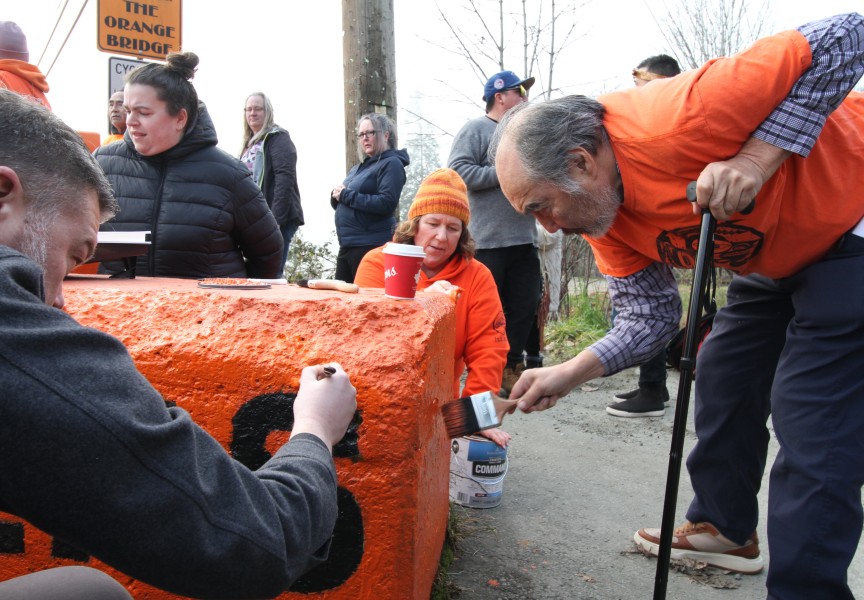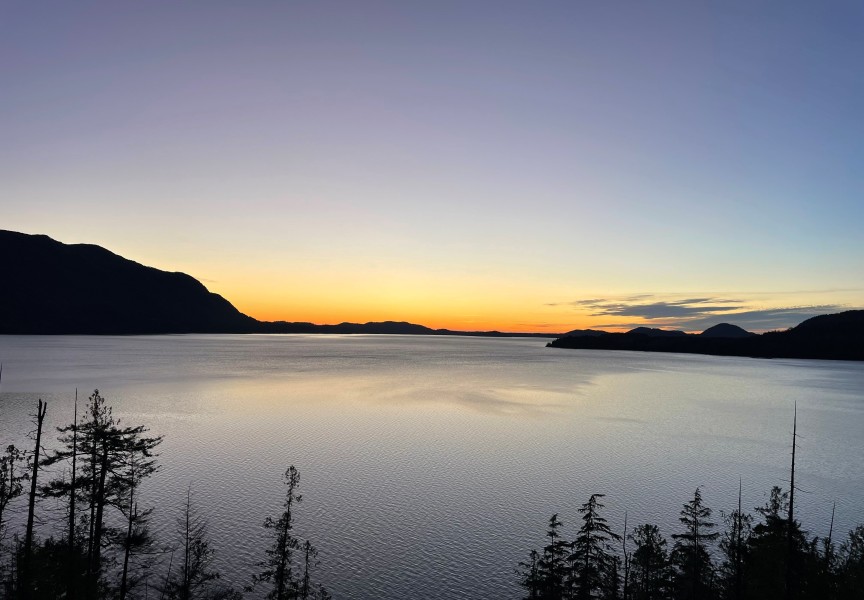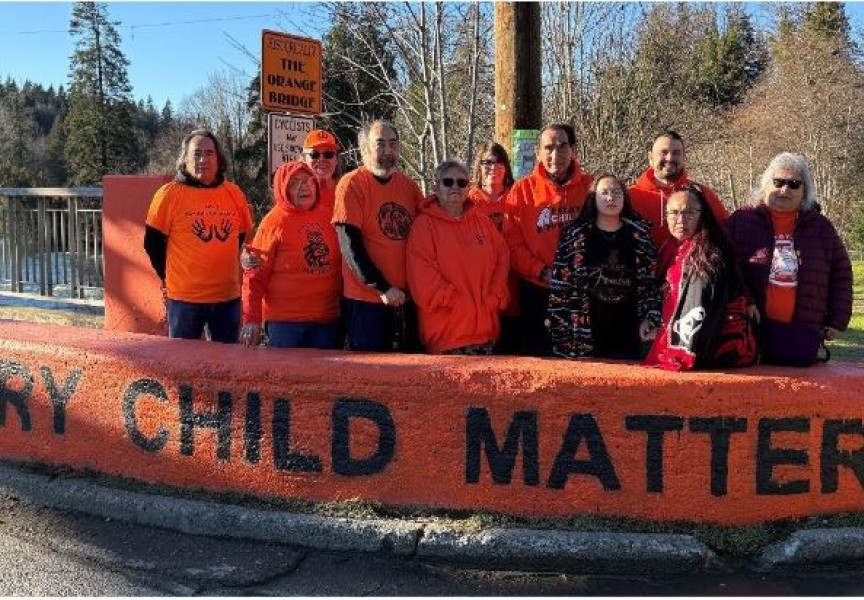Eight years after the Iwachis IR 3 Specific Claim was filed, Canada has settled with Tseshaht First Nation, awarding them $21 million in compensation for the 1913 unlawful expropriation and sale of Iwachis Indian Reserve.
The announcement was made July 29, 2022, in a joint statement from Tseshaht First Nation, British Columbia, and Crown-Indigenous Relations and Northern Affairs Canada. The funds were distributed to Tseshaht members on Jan. 13.
Elected Chief Ken Watts said the land was taken without consultation or compensation by the federal government.
“We have lost the use of that land forever and we’ve never been compensated,” he said.
The Iwachis IR 3 is a 26-acre parcel of land at the mouth of Franklin River on the east side of the Alberni Inlet. The reserve was created in 1882 by the federal government because it was used by the Tseshaht as a fishing station. But, according to Watts, it was taken by the feds in 1913 and sold to the Canadian Pacific Railway so that they could build a rail line. The railway was never built and the land was eventually sold to a forestry company by Canadian Pacific Railway.
“Canada took it and sold it despite our objections, and we’ve stated our opposition for a long time,” said Watts, adding that there are letters on file written by past Tseshaht leaders.
Tseshaht went to the Specific Claims Tribunal to file a claim on April 16, 2016. An offer of $21 million in compensation was made to Tseshaht and was accepted, following a membership poll in which 94 percent voted to accept the offer.
Tseshaht has 1,264 registered members with about 900 of those being eligible voters. The voting age for Tseshaht is 16.
In a second poll regarding how the settlement would be spent, 74 per cent of voters elected to have a portion distributed their membership. Funds have been distributed to Tseshaht membership. Those under the age of 19 will have their funds placed in a trust fund until they reach the age of 19.
The remaining portion of the funds were used to pay off the loans required to negotiate the settlement agreement and other debt. Another portion will be invested in Tseshaht programs that benefit housing, infrastructure, culture, education, health, youth and others.
“Tseshaht has been waiting over 100 years to deal with this long-standing issue involving our former Indian reserve known as Iwachis,” said Chief Watts. “Today, our ancestors, our current membership and future generations can celebrate this historic agreement for our community, as this settlement, now deposited, helps right the wrongs of the past while providing a brighter future. We thank the Government of Canada for taking steps towards reconciliation with Tseshaht.”
On Jan. 19, Tseshaht gathered at Maht Mahs to celebrate the Iwachis settlement. Watts said federal government officials were there and past Tseshaht leaders were honored for their efforts in keeping up the pressure to reach a final settlement.
Watts says the Iwachis land is currently owned by a forestry company.
“Our next step is to reach out to the current land owners to see what it would take to have the land returned to us,” said Watts.
In October 2022 Tseshaht filed another Specific Claim with the Government of Canada seeking compensation for the 3.3-kilometre section of Highway 4 that runs through their IR#1. In addition to the safety issues, they say the road was built without their consent and without compensation for the unauthorized use of the land.









